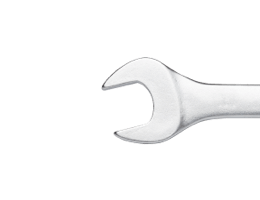EV Batteries: your guide to the power source of the EV era.
Demystifying electrified driving from its core.
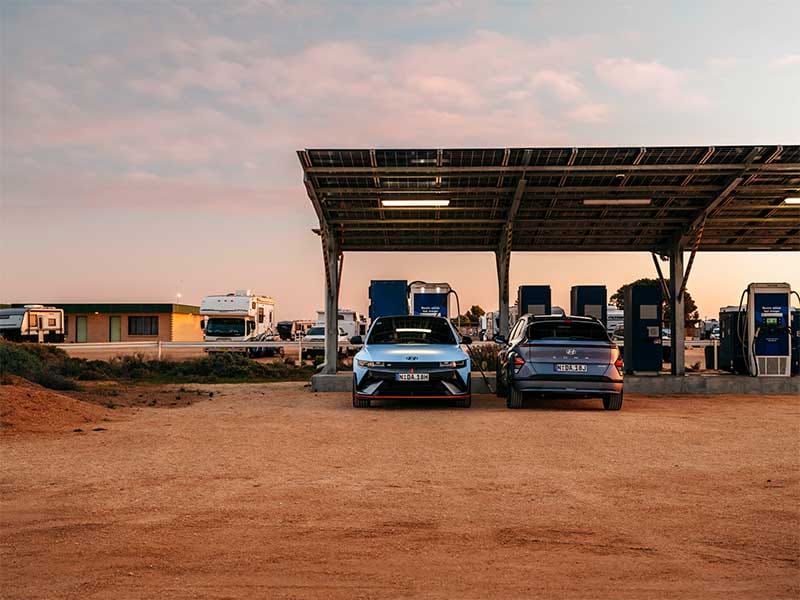
Unlocking the power cell: why EV batteries matter.
As the world shifts away from petrol and diesel, the demand for efficient, high-capacity EV batteries is booming. By 2050, EVs are expected to dominate the market, making up 88% of global passenger vehicle sales. This shift wouldn’t be possible without advancements in EV battery technology that will make terms like ‘range anxiety’ a thing of the past. The latest lineup of Hyundai EVs showcase a diverse array of options for all Aussies who want an amazing drive that can go the distance, creating a positive environmental impact on our roads, while also saving them money.
Hyundai’s cutting-edge EV battery technologies are powering ahead, paving a way for more drivers to hit the electric switch and enjoy extended ranges, faster charging, and sustainable energy use, all without compromise.
What are the most common EV batteries?
EVs rely on four main types of batteries:
Lithium-ion: The industry standard, offering high energy density and efficiency.
Nickel-metal hydride: Reliable but less energy-dense.
Lead-acid: Affordable but heavy and limited in capacity.
Ultracapacitors: Provide rapid bursts of energy but lack long-term storage.
Hyundai uses advanced lithium-ion batteries across its EV range, striking the perfect balance between performance and efficiency. These batteries deliver excellent power-to-weight ratios, making them ideal for modern EVs. In 2024 we put EV batteries in news headlines with the grand opening of our new $1.1 billion EV battery plant in Indonesia, a game-changer for electric mobility.
Built in partnership with LG Energy Solution, this powerhouse facility can produce enough cutting-edge lithium-ion cells to power 150,000 EVs annually. It’s already driving innovation with models like the all-new KONA Electric, showcasing our commitment to electrifying the future with style, efficiency, and unmatched ambition.
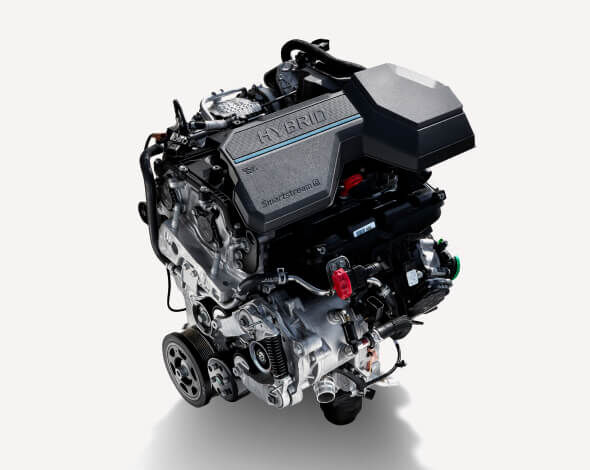
Charging your EV: less plug and more play.
Charging an EV has never been easier. With Hyundai’s fast-charging capabilities, even with our larger EV battery capacity, you can power up quicker than ever at public charging stations or at home. The IONIQ 6, for example, can charge from 10% to 80% in just 18 minutes using a 350kW charger—barely enough time to sip back a coffee! Our home and mobile EV charging options are continuously expanding, meaning you can stay powered and ready to hit the road with less pit stops and none of the stress. With Hyundai, EV charging is seamless, efficient, and tailored to the way you love to live and move.
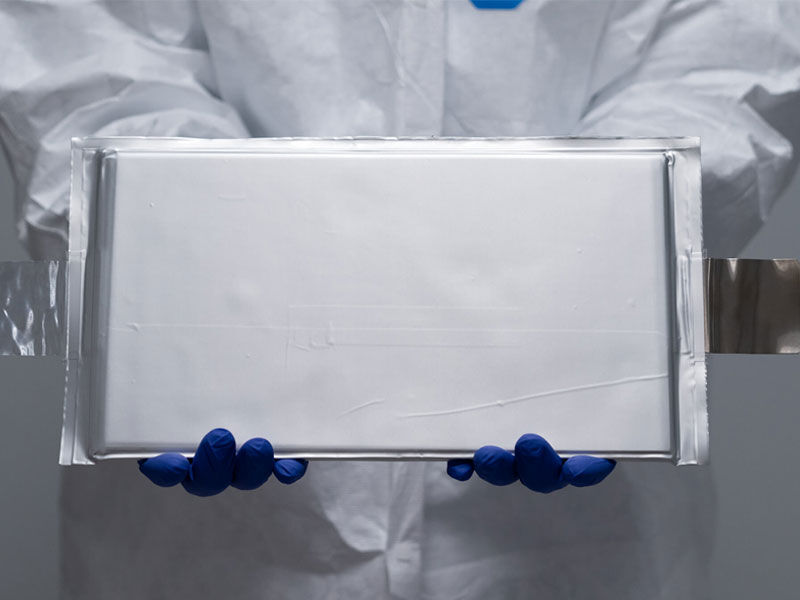
What is Hyundai’s dedicated EV platform?
At the core of Hyundai’s EV success is our dedicated Global Modular Platform (E-GMP). Unlike platforms adapted from internal combustion engine (ICE) vehicles, E-GMP is designed exclusively for our electrified vehicles.
This gives Hyundai EVs:
Recycling and repurposing: the full EV battery lifecycle
Hyundai is committed to minimising the environmental impact of EV batteries through innovative recycling and disposal practices. EV battery recycling means that valuable materials, like lithium and cobalt, are recovered and reused at the end of an EV battery’s lifespan. This not only reduces waste but also lowers the demand for raw materials.
As battery technology evolves, Hyundai is exploring ways to extend battery lifespans further and introduce new methods of repurposing used batteries for a second life. That includes using them for renewable energy storage systems—minimising the need for EV battery disposal altogether.
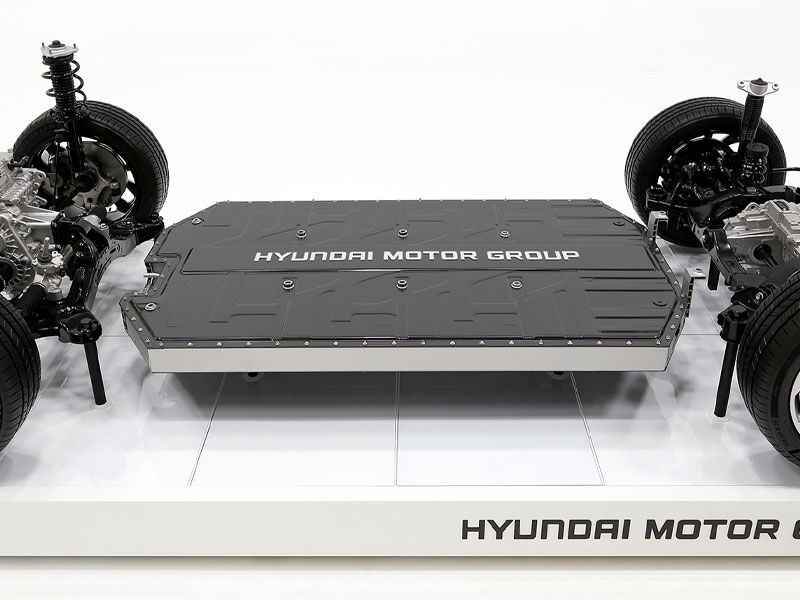
Solid-state batteries: the next high-voltage leap forward.
While lithium-ion batteries lead today’s market, solid-state technology promises a supercharged future. This breakthrough EV battery technology is currently being engineered and tested, replacing the liquid electrolyte with a solid alternative, which will offer:
- 20-50% more driving range.
- Next-gen rapid charging times.
- Even greater safety and longevity.
Hyundai is driving exciting advancements in solid-state development alongside our partnership with US-based Factorial Energy, unlocking the potential of this EV battery technology to power the future of our EVs. These next-gen solid-state batteries promise more energy, faster charging, and a cleaner, cost-efficient manufacturing process. While still in development, this technological leap could soon redefine EV driving range, performance and sustainability, with Hyundai playing a key role in bringing it to life.
FAQs: your EV battery questions answered.
-
EV batteries are built to last, typically offering 8–10 years or around 160,000–200,000 km of reliable performance before showing noticeable capacity loss. With proper care and the latest advancements in technology, their lifespan is continuously improving. Hyundai’s EVs are designed to ensure your battery delivers long-lasting efficiency, giving you confidence for every journey.
-
Charging times vary greatly based on the type of charger used and the EV model being charged. Some of our latest EVs can top up your battery from 10% to 80% in as little as 18 minutes with a fast charger, while standard charging with a Level 2 charger typically takes 6–12 hours.
-
Yes, EV batteries are designed with safety as a top priority, incorporating multiple layers of protection to prevent overheating or fires. They’re as safe as traditional car batteries when properly maintained. EV batteries are also recyclable, with processes that recover valuable materials like lithium and cobalt to reduce waste. While EV battery replacement is absolutely possible, it’s rarely needed within their typical lifespan thanks to their durability and advanced engineering. Hyundai’s focus on innovation means our EV batteries are built to last and contribute to a more sustainable future.
-
Only minimally. Thanks to advanced battery management systems, most EVs lose very little charge when parked for extended periods.
-
Producing EV batteries does require energy and resources, but over their lifetime, EVs produce significantly lower emissions compared to petrol or diesel vehicles. Plus, recycling programs are further reducing their environmental footprint. When you consider the overall impact of EVs replacing traditional cars on the road, EV batteries emerge as a much more sustainable choice—both to produce and to power a cleaner future for mobility.
-
To keep your EV battery in good condition and extend its lifespan, aim to maintain charge levels between 20% and 80% for daily use. For long-term storage, trickle charging—a slow, steady charge to maintain battery levels—is a safe and effective option as it’s generally not recommended to keep your EV battery capacity at extremely low or full charge for extended periods. Check your Hyundai owner’s manual for guidance specific to your EV.
-
Hyundai makes it simple to stay on top of your EV’s battery health. You can monitor key details right from your car’s display or through the Hyundai BluelinkTM app, which provides real-time updates and insights. For a more comprehensive check, regular scheduled servicing at your local Hyundai dealership will monitor to make sure your battery is performing at its best and gives you peace of mind for the road ahead.
-
If your EV runs out of charge, it will come to a stop, just like a petrol car that’s out of fuel. Luckily this is easily avoided with the ever-expanding network of charging stations on Australian roads. In the unlikely event it does happen and you own a Hyundai EV—roadside assistance is included as long as you continue to complete your scheduled servicing with us. We can tow you to the nearest charging station or get you back on the road as quickly as possible. With home charging docks and monitoring apps like our BluelinkTM connected services, you can also plan your longer journeys more confidently, keeping track of your range and mapping out nearby charging stations along your route.
-
While solid-state batteries are currently in development and are likely to hit the market in the coming years, there’s no confirmed timeline for them to become available to EV drivers just yet. These next-generation batteries promise significant improvements, including higher energy density, longer lifespans, and faster charging capabilities. Hyundai is actively supporting advancements in this technology for our own ever-evolving EV lineup.
-
EV batteries are primarily made with lithium and often include other materials like cobalt, nickel, and manganese to enhance performance and durability. As for weight, it depends on the size and capacity of the battery, but most range from 200 to 600 kilograms. Hyundai’s advanced battery technology ensures that this weight is optimised for driving efficiency, safety, and an amazing EV experience.
Charging a positive future with Hyundai.
As we enter a new era of mobility, Hyundai is setting the standard for EV battery innovation. From lithium-ion breakthroughs to future solid-state advancements and sustainable recycling, Hyundai is committed to delivering electrified mobility that benefits drivers and the planet alike.
